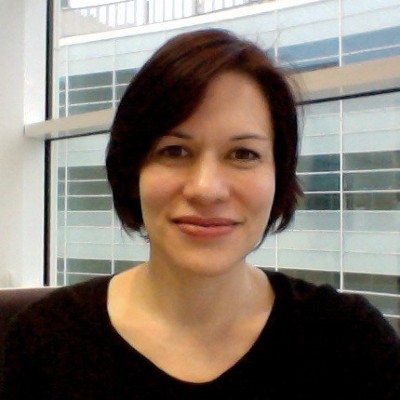Director
Dorit Bar-On
Professor, Philosophy, University of Connecticut
(formerly Zachary Smith Distinguished Professor, Philosophy, UNC-Chapel Hill)
Professor Bar-On specializes in philosophy of language, philosophy of mind, epistemology. She also has research interests in metaethics. In her book Speaking My Mind: Expression and Self-Knowledge (Oxford Nov 2004), she develops a neo-expressivist view of first-person authority, drawing on insights from philosophy of language, philosophy of mind, theory of action, and epistemology. In recent years, she has been working on the topic of continuities between linguistic and non-linguistic communication and expressive behavior. She is currently working on a book manuscript entitled Expression, Communication, and the Origins of Meaning, under contract with Oxford University Press. She also has a forthcoming article jointly written with ECOM member Drew Johnson in an international volume on epistemology. Additional works in progress: a book on expression and self-knowledge (with Crispin Wright), a book on truth (with Keith Simmons), and a manuscript on neo-expressivism.
Distinguished ECOM Member
Ruth G. Millikan
Professor, Philosophy, University of Connecticut
Ruth Millikan's research interests span many topics in the philosophy of biology, philosophy of mind, philosophy of language, and ontology. The unity is in method rather than subject matter. The aspects of these fields that interest her are continuous with relevant scientific work and with the philosophy of science. She has been especially interested in applications of evolutionary theory in these areas, and in the ontology that makes study of biological entities possible.
Inge-Marie Eigsti
Professor, Psychology, University of Connecticut
Mitchell Green
Professor, Philosophy, University of Connecticut
Mitch Green's specializations are in Philosophy of Language, Philosophy of Mind, and Aesthetics. His current research interests include evolutionary biology of communication, speech acts and their role in communication, empathy, self-knowledge, self-expression, and attitude ascription. He is the current editor-in-Chief of the journal Philosophia. His latest article ‘Dimensions of Commitment & the Abuse of Illocutionary Norms in Public Discourse,’ is forthcoming in Topoi.
Harry van der Hulst
Professor, Linguistics, University of Connecticut
Professor van der Hulst specialized in the study of phonology in both spoken and sign languages, with over 170 articles and 29 edited volumes in these areas. Recent work includes Asymmetries in vowel harmony – A representational approach (2018, Oxford University Press) and two books that are to appear: Radical CV Phonology – a theory of segmental and syllabic structure (2020, Edinburgh University Press) and A mind for language – The innateness debate (2020, Cambridge University Press). Work on two handbooks (on Vowel Harmony and on The history of phonology (both for OUP) is ongoing. Van der Hulst is Editor-in-Chief of The Linguistic Review and co-editor of the series ‘Studies in generative grammar’ (both with Mouton de Gruyter). Beyond phonology, he has interests in the study of gesture, language evolution and form-meaning relations in all forms of semiotic systems.
Ting-an Lin
Assistant Professor, Philosophy, University of Connecticut
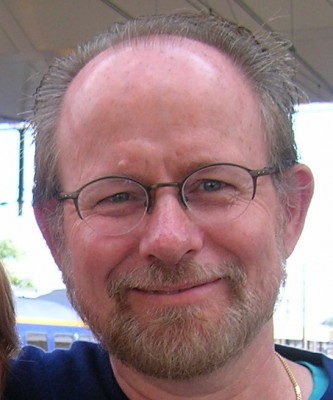

William G. Lycan
Distinguished Visiting Professor, Philosophy, University of Connecticut
and William Rand Kenan Professor Emeritus, Philosophy, UNC-Chapel Hill
William G. Lycan specializes in philosophy of mind and philosophy of language, but also contributes to epistemology. He is the author of: Logical Form in Natural Language(MIT, 1984); Knowing Who(with Steven Boer) (MIT, 1986); Consciousness(MIT, 1987); Judgement and Justification(Cambridge, 1988); Modality and Meaning(Kluwer, 1994); Consciousness and Experience(MIT, 1996); Real Conditionals(Oxford, 2001); On Evidence in Philosophy (Oxford, 2019) and 190-odd articles on assorted topics. He has a new paper entitled "What Is It We Touch?," forthcoming in Sensory Individuals (Oxford).
Michael Lynch
Distinguished Professor of Philosophy and Provost Professor of the Humanities
I teach at the University of Connecticut, where I am Provost Professor of the Humanities and Board of Trustees Distinguished Professor of Philosophy.
Most of my work concerns truth, democracy and the ethics and epistemology of technology. My newest book, On Truth in Politics argues that while they often mix like oil and water, democracy can't survive without truth as a value. My previous book, Know-it-All Society: Truth and Arrogance in Political Culture, won the Orwell Award in 2019. My other books include, The Internet of Us: Knowing More and Understanding Less in the Age of Big Data and the New York Times Sunday Book Review Editor’s Pick, True to Life. My work has been discussed in The New Yorker, Washington Post, New York Times, and Wired among many other publications and I’ve written for the New York Times, the Guardian, and the Boston Review.
Besides writing, I also talk a lot, sometimes even in public. You can watch my TED talk on how to find common reality; and I’ve spoken at venues ranging from SXSW to The U.S. Mint and the College De France. I am very lucky to belong to an artistic and politically active family, including my sisters Bridget, Rene and Patricia, my brother Tom, and my wife Terry Berthelot.
I’m currently worrying about how AI is undermining human understanding and working on a new book called Democracy as a Way of Life: John Dewey's Vision in His Times and Ours (Princeton UP). When I’m not doing that, I’m sailing the waters of New England with my family.
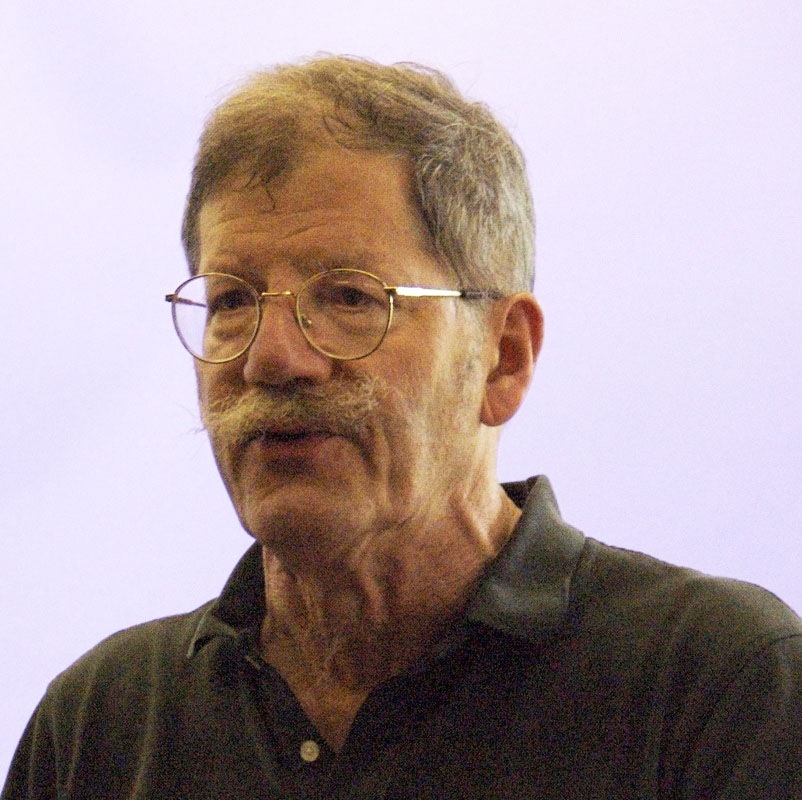
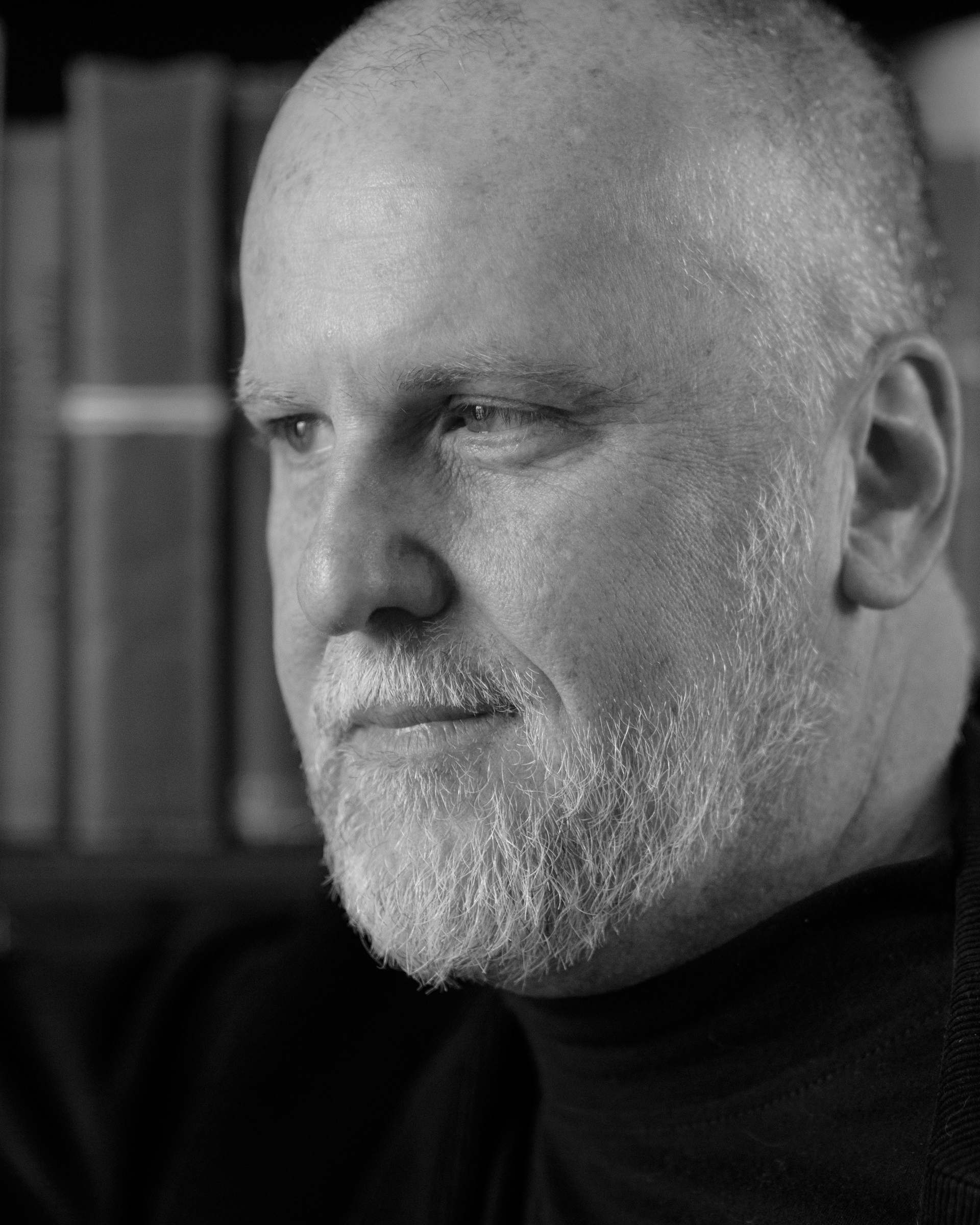
Emily Myers
Professor, Speech, Language and Hearing Sciences; Psychological Sciences, University of Connecticut
Dr. Myers studies the brain processes that support language comprehension, with a particular emphasis on the ways that listeners flexibly adapt as they learn new languages or encounter novel listening situations. Her work considers the ways these processes operate in typical, healthy individuals, and how the comprehension process goes awry in language disorders such as aphasia. Work in her lab is funded by the NIH (NIDCD) and NSF.
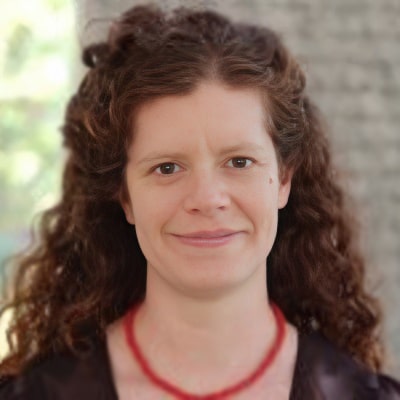
Dr. Naigles studies children’s language acquisition, particularly across languages and with special populations. Her current research focuses on the interacting roles of linguistic input and linguistic predispositions in the acquisition of word meanings and sentence structures in both typically developing children and children who have been diagnosed with autism. She is the editor of Innovative Investigations of Language in Autism Spectrum Disorder (2017) NY: APA Books/Walter deGruyter and just received an R01 titled ‘Early Predictors to School Age Language: Individual and Interactional Child and Parent Factors’
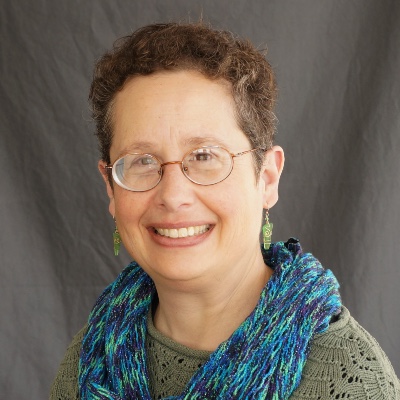
Julian J. Schloeder
Assistant Professor, Philosophy, University of Connecticut
Julian Schloeder’s research spans the philosophies of logic, language, mind and metaethics. They engage with these topics from a pragmatist perspective, focusing on the social purposes and normative properties of the relevant concepts. Their current research deals in particular with expressivism in metaethics, the (more general) use of speech acts to express attitudes, a pragmatist analysis of dispositions, and with explaining the mental attitudes by appealing to the usefulness of commonsense psychology.

Associate Professor, Speech, Language and Hearing Sciences Director of the Auditory Brain Research Lab University of Connecticut
Dr. Erika Skoe studies how the brain processes sound, through the integration of neuro-electric, ecological, fieldwork, and serum-based measures of hearing. She has a particular interest in how experience shapes the auditory system and its connections to language and cognition across the lifespan.

William Snyder
Professor, Linguistics, University of Connecticut
Dr. Snyder investigates the biological basis of the human capacity for language. He works within the Principles-and-Parameters (P&P) framework, positing that grammatical differences across languages are both abstract (i.e., not tied directly to individual surface constructions) and narrowly constrained (allowing only a small number of options). Dr. Snyder is the author of Child Language: The Parametric Approach (Oxford), and co-editor of the Oxford Handbook of Developmental Linguistics.
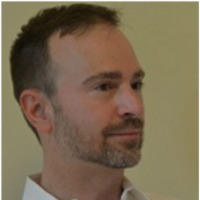
Whitney Tabor
Associate Professor of Psychological Sciences, University of Connecticut
Whit Tabor is interested in the tension between humans’ need for order and predictability, on the one hand, and their need for flexibility and novelty on the other. He has investigated this tension by studying grammar, language change, language processing, and, most recently, the emergence of coordination in groups

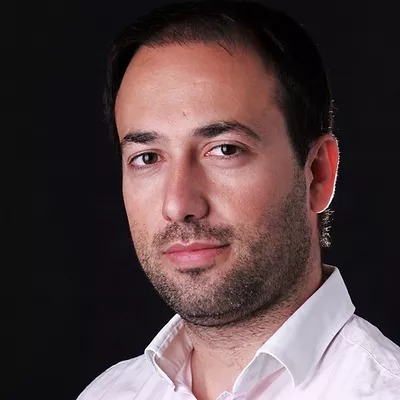
Eiling Yee
Assistant Professor of Psychological Sciences, University of Connecticut
Dr. Yee investigates how meaning is represented in the human mind by studying the cognitive and neural representations of concepts. An area of particular interest in the Yee Lab is the relationship between context (e.g., perceptual information and experiences) and language and/or conceptual processing. Dr. Yee also has interests in spoken word recognition and language processing more broadly.
Dr.Yee regularly teaches seminars on the Psychology of Language. Please contact her for more details.
